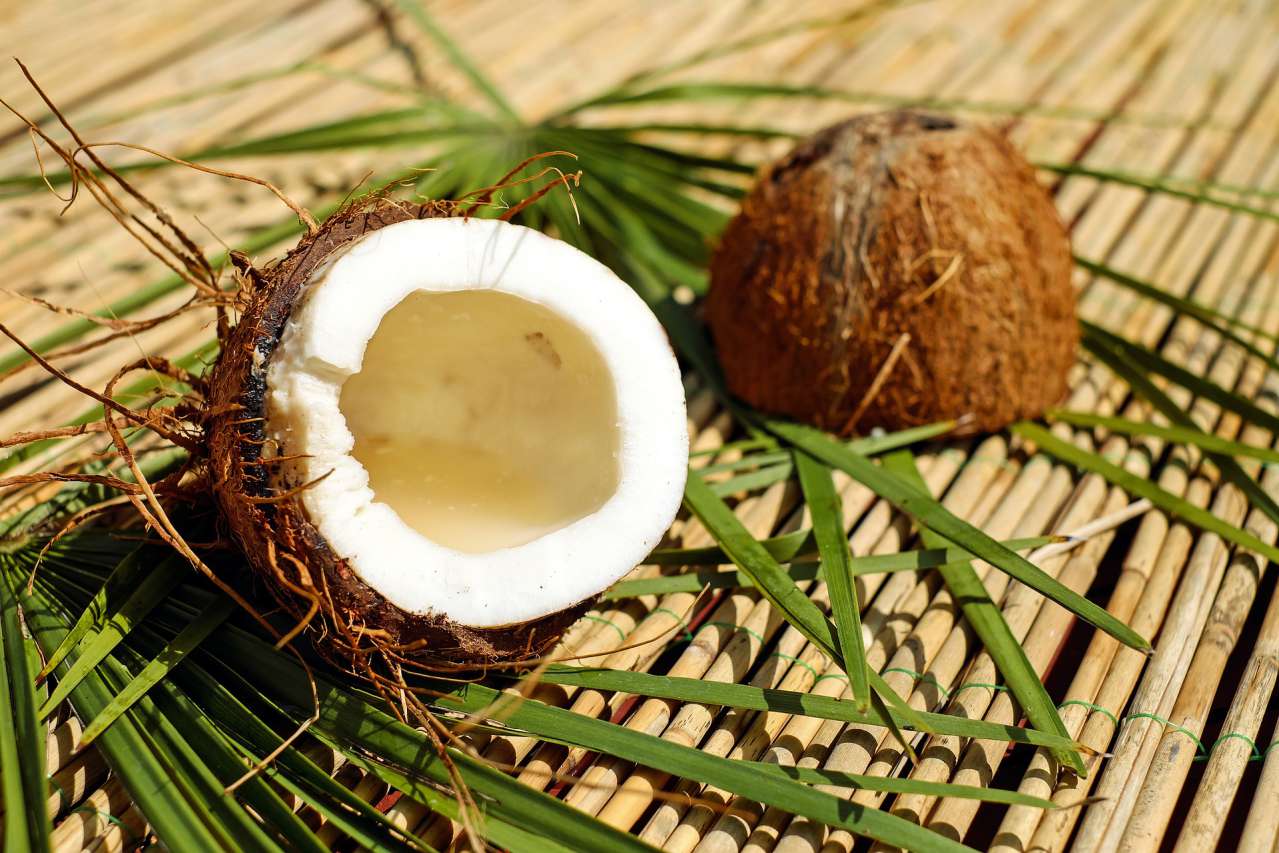Coconut: Health Benefits
Fresh coconut pulp and juice can be consumed just like that.
What is useful coco
It contains few calories, carbohydrates and sugars and contains almost no fat. In addition, coconut water is high in ascorbic acid, vitamins B and C, and proteins. The soft flesh of coconut repairs oxidative tissue damage and contains healthy fats, proteins, vitamins and minerals.
Contains vitamins of group B (B1, B2, B3) and vitamin C. The optimal content of vitamin C in coconut will support immunity and prevent colds.
The high fiber content in coconut helps fight constipation, vitamin E strengthens blood vessels, and the oil envelops the walls of the stomach and relieves inflammation of the gastrointestinal mucosa, so coconut is useful for people with gastritis, colitis and ulcers.
How to eat coconut
The juicy pulp and milk of coconut can be used in baking, salads, desserts, drinks, sauces and soups. Finely chopped or grated pulp can be stored in the freezer, after sprinkling it with coconut milk. It also goes well with chicken and fish.

How to choose coconut
Milk must be present and splashing there; inspect the coconut for mechanical damage and mold/rot spots; inspect 3 holes at one end of the coconut - they should be free of mold and rot, preferably not much darker than the coconut itself.



